They say that a person is closest to Allah (SWT) while in prostration (Sujood), which is why one should make Dua (supplication). So, should one make Dua while in Sujood during Namaz (Prayer)? If so, won’t that make one forget the prayer and get lost in the Dua, especially if it’s in one’s mother tongue? Doesn’t this invalidate the sanctity (hurmat) of the Namaz? And if there is any other definition of Sujood, please explain that too."
1 Answers
They say that a person is closest to Allah (SWT) while in prostration (Sujood), which is why one should make Dua (supplication). So, should one make Dua while in Sujood during Namaz (Prayer)? If so, won’t that make one forget the prayer and get lost in the Dua, especially if it’s in one’s mother tongue? Doesn’t this invalidate the sanctity (hurmat) of the Namaz? And if there is any other definition of Sujood, please explain that too."
One should make supplications (Duas) in prostration (Sajdah) because that is when a person is closest to Allah Almighty. But you say that if one makes a supplication, one starts praying in their mother tongue. For supplications, memorize Quranic prayers (in Arabic). By doing this, you will be able to make supplications and perform your prayer (Salah/Namaz) in the best way possible."
One should make supplications (Duas) in prostration (Sajdah) because that is when a person is closest to Allah Almighty. But you say that if one makes a supplication, one starts praying in their mother tongue. For supplications, memorize Quranic prayers (in Arabic). By doing this, you will be able to make supplications and perform your prayer (Salah/Namaz) in the best way possible."
Please login or Register to submit your answer

